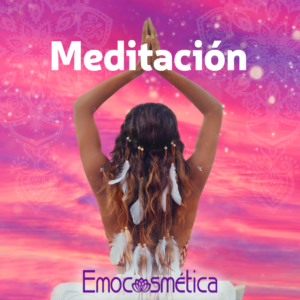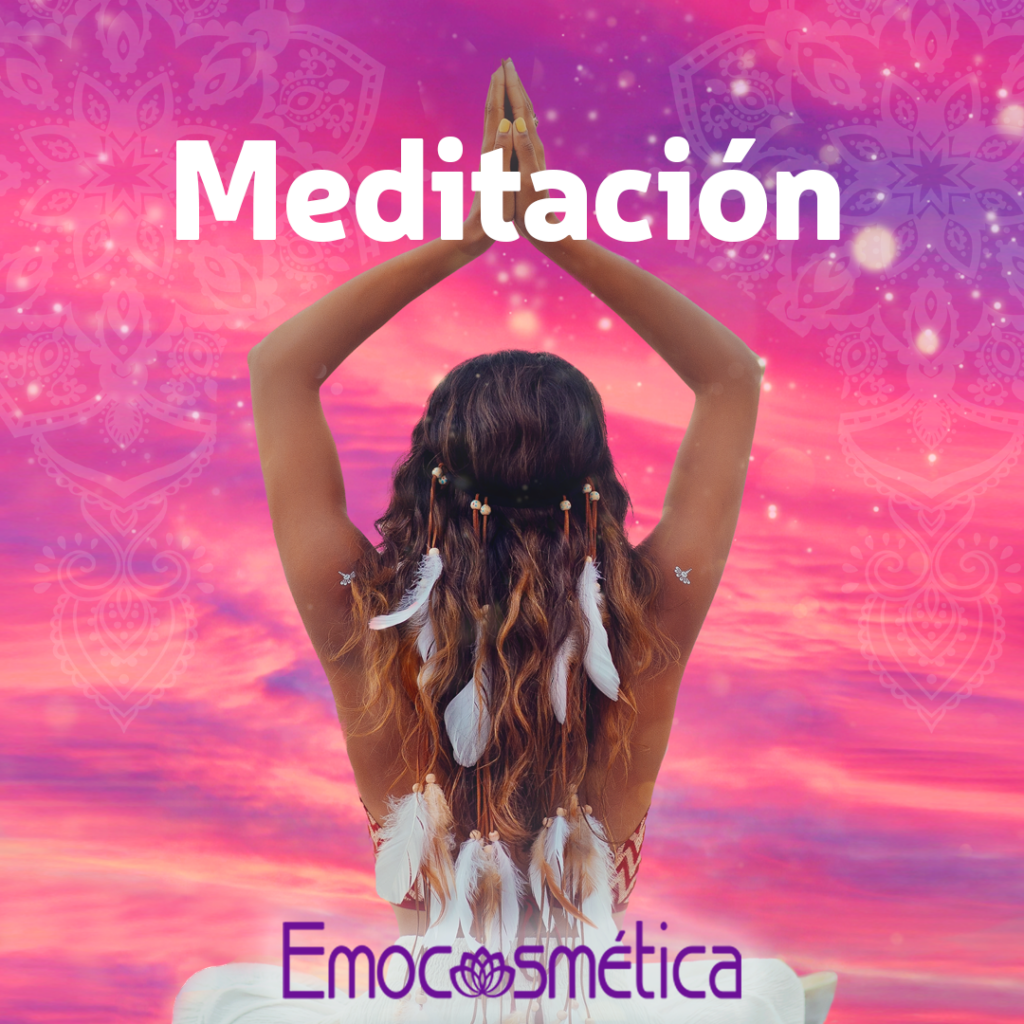
In a world that constantly bombards us with distractions and stress, finding moments of quiet and self-reflection have become essential to maintaining mental and emotional balance. This is where meditation comes into play. Over the years, meditation has gained popularity as a powerful practice for improving mental health, concentration, and general well-being. Let's explore why meditation is valuable, what it's used for, and how you can effectively incorporate it into your daily life.
Any History of Meditation?
The history of meditation stretches back thousands of years and is deeply intertwined with various spiritual and philosophical traditions from around the world. Over the centuries, meditation has evolved from ritual and religious practices to a modern tool for mental well-being.
The exact origins of meditation are hard to trace, but meditative practices are believed to develop in ancient cultures around the world. In the Indus Valley civilizations, such as the ancient Hindus, early forms of meditation were already practiced more than 5.000 years ago. Inscriptions were found on clay seals suggesting that ancient Hindus practiced breath control and mental concentration.
Perhaps for this reason, meditation has deep roots in India, where spiritual and philosophical systems such as Hinduism and Buddhism are developed. In Hindu Vedic texts, various meditative techniques are described, including concentration on the breath, repetition of mantras, and contemplation of sacred symbols. Buddhism, founded by Siddhartha Gautama (Buddha), incorporated meditative practices as a central part of his teaching to achieve enlightenment and liberation from suffering.
Meditation also took root in Chinese and Japanese traditions. In China, Taoism and Confucianism adopted meditative practices for personal and spiritual development. Zen Buddhism, which originated in China and developed in Japan, emphasizes meditation called "zazen," which focuses on posture, breathing, and direct observation of the mind.
As cultures and traditions intertwined throughout history, meditation began to influence the Western world. Throughout time, figures such as the Stoic and Neoplatonic philosophers practiced forms of meditation to achieve self-transcendence and wisdom.
In the 1960th century, meditation began to spread outside of religious and spiritual contexts. As Eastern practices were further explored, figures such as Swami Vivekananda brought the teachings of yoga and meditation to the West. During the XNUMXs, the counterculture and the New Age movement further popularized meditative practices around the world.
Thus we come to today, where meditation has evolved into a mental and spiritual well-being tool used by people of various cultures and beliefs. Scientific research has supported its benefits, leading to the incorporation of meditative practices into psychotherapy, education, and healthcare.
In short, the history of meditation is a story of spiritual exploration and self-knowledge that has unfolded over thousands of years and has influenced a wide range of traditions and cultures. As societies change and evolve, meditation remains a valuable practice for cultivating inner peace and well-being.
But why meditate?
Modern life can be hectic, often leading to elevated levels of stress, anxiety, and burnout. Meditation offers a haven of calm in the midst of this emotion. Numerous scientific studies have shown that regular meditation can reduce stress levels, decrease anxiety, improve sleep quality, and increase overall feelings of well-being. Additionally, meditation has been associated with improving concentration and decision making, which can be especially helpful in the world of work and academia.
Why meditate? key benefits
Stress reduction: Meditation helps calm the mind and reduce the “fight or flight” response to stress, resulting in a sense of calm and relaxation.
Concentration: Practicing Full Attention in Meditation strengthens the ability to live in the present, thus improving productivity and good performance in daily tasks.
Mental Clarity: Meditation can help clear the mind of chaotic thoughts and cultivate a state of calm, which promotes more informed and thoughtful decision making.
Anxiety Management: It also provides tools for observing and managing negative thoughts and emotions, which can be especially helpful for those who suffer from anxiety.
Promotion of Emotional Well-being: Practicing self-reflection and gratitude in Meditation generates greater self-acceptance and a more positive attitude towards life in general.
How to meditate? Steps to get started
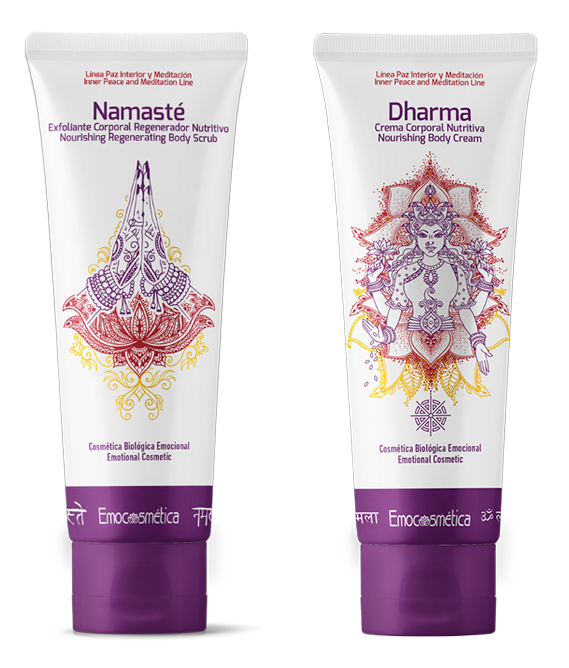
One of the fundamentals of Meditation is: “Here and now”. Something transferable to everything we do throughout the day. At Emocosmética we invite you to take a relaxing bath, with high quality bath salts.
Exfoliate your Body, with the proposal of Namaste Regenerating Body Scrub to subsequently hydrate with Dharma Nourishing Body Cream.
These products welcome us and evoke the Path that must be walked. Our own vital Dharma.
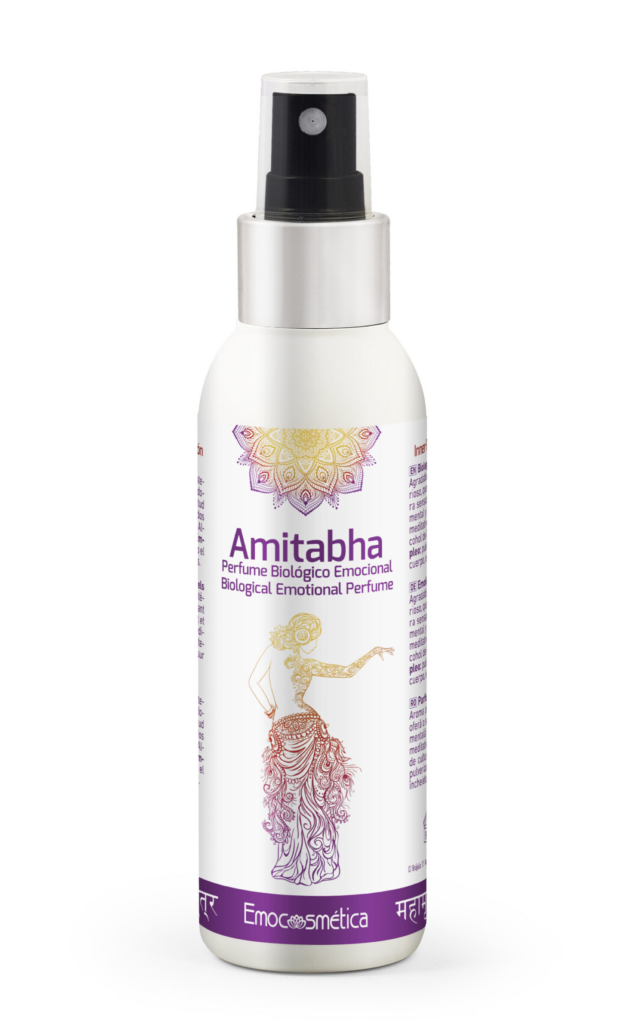
Find a quiet place: Find a place where you can sit or lie down calmly, away from distractions. Acclimate the temperature, light and smell. That space will become our special chrysalis. We suggest you use a meditation water, the Amitabha Aromatherapy Emotional Tonic, which will immerse you in your own inner world.
Choose a comfortable position: Sit in a chair with your back straight or on the floor with your legs crossed. Find a position that allows you to be relaxed but alert.
Focus on the breath: Close your eyes and direct your attention to your breathing. Notice how air moves in and out of your diaphragm first and your lungs second.
Be aware of your thoughts: As you meditate, it is normal for thoughts to arise. Instead of fighting them, observe them without judgment, and then gently return your attention to your breath.
Practice patience: Meditation requires practice. Start with short sessions, like 5-10 minutes, and then gradually increase the time as you feel more comfortable.
Use support resources: If necessary, you can be guided by apps or online videos that offer guidelines and targeted practices. We suggest you get to know the Emocosmética channel Emo Yin Yoga. An easy and comfortable resource to use.
Meditation is not a magic bullet, but with consistent practice, it can become an invaluable tool for cultivating inner peace and improving your quality of life. Whether you're looking to reduce stress, improve your concentration, or simply find some quiet time, meditation gives you the space to connect with yourself on a deep level.
From Emocosmética we invite you to get to know our Emotional Line, aimed at promoting Inner Peace and Meditation, where you will find care and beauty products.
Begin your journey of self-discovery and wellness today!



